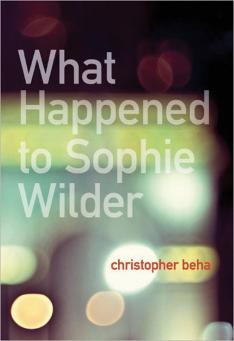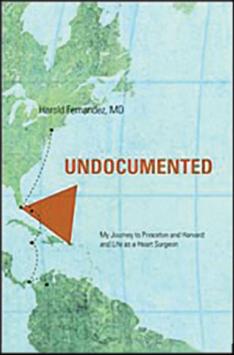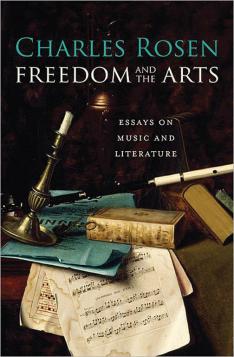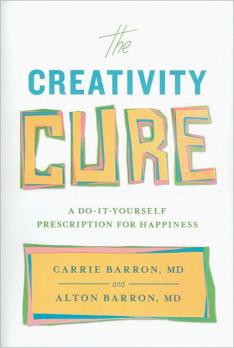CHRISTOPHER R. BEHA ’02’s debut novel, What Happened to Sophie Wilder (Tin House Books), follows Charlie Blakeman, a writer in New York struggling with his second novel, and his troubled college love. An associate editor at Harper’s Magazine, Beha is the author of the memoir The Whole Five Feet.
A heart surgeon in New York, HAROLD FERNANDEZ ’89 came to the United States from Colombia as a youth. In his memoir, Undocumented: My Journey to Princeton and Harvard and Life as a Heart Surgeon (Tate Publishing), he shares his story.
In Freedom and the Arts: Essays on Music and Literature (Harvard University Press), CHARLES ROSEN ’48 *51, a pianist and critic, covers topics ranging from the tonal logic of Mozart’s operas to the “transfiguration of poetry.” Rosen writes that he aimed to “keep in mind that listening and reading with intensity for pleasure is the one critical activity that can never be dispensed with or superseded.”
The main character in BOB SMILEY ’99’s comedic political novel Don’t Mess with Travis (Thomas Dunne Books) is Ben Travis, a Texas senator who unexpectedly becomes governor. When he suspects that the U.S. president is up to something shady, he teams with a tweedy Princeton politics professor and leads an effort to have Texas secede
LIZA MUNDY ’82 writes in The Richer Sex: How the New Majority of Female Breadwinners is Transforming Sex, Love, and Family (Simon & Schuster) that “we are entering an era where women, not men, will become the top earners in households.” She examines how this “big flip” is changing dating, marriage, and home life.
CARRIE BARRON ’81 and her husband, Alton Barron, argue in The Creativity Cure: A Do-It-Yourself Prescription for Happiness (Scribner) that engaging in creative outlets is critical to easing depression and anxiety and leads to well-being. Carrie Barron is a psychiatrist/psychoanalyst on the faculty of the Columbia College of Physicians and Surgeons.






